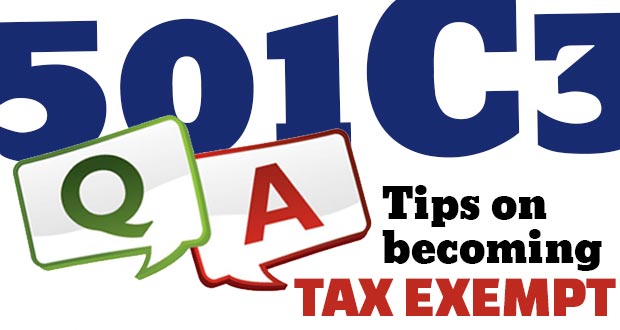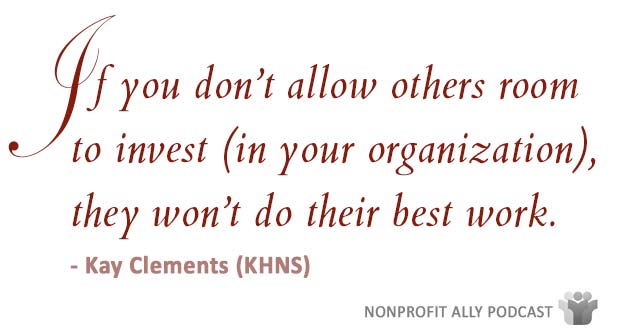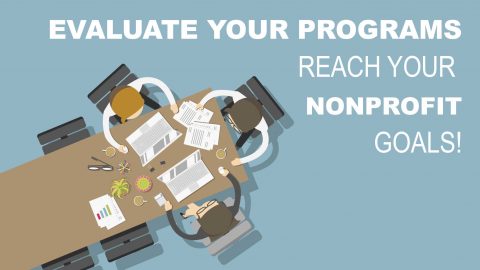Podcast: Play in new window | Download (Duration: 57:12 — 78.7MB) | Embed
Subscribe: Apple Podcasts | RSS
In this episode I talk with Thomas Wrobel from the Nonprofit Legal Center (nonprofitlegalcenter.com). Tom is a lawyer with 17 years of experience. He specializes in nonprofit law. Tom answers some basic legal questions you need to ask yourself when you apply for 501.c.3 tax exempt status. His advice will help you prepare your IRS form 1023, so you can get your 501.c.3 tax exempt status for your nonprofit.
Here are some of the questions he answers in this interview:
Question: How do I know if I qualify as a 501.c.3 nonprofit?
Check the IRS website to see if you fall within their guidelines. You can do that here: http://www.irs.gov/Charities-&-Non-Profits/Charitable-Organizations/Exemption-Requirements-Section-501(c)(3)-Organizations
You can also do a Google search and see if there are other organizations that provide similar services to yours that already have their 501.c.3.
Question: Do I have to be a 501.c.3?
You do not have to be a 501.c.3 until you reach an annual revenue of $7,500/year.
If you exceed this threshold you can find a fiscal sponsor. Basically, you would operate under the umbrella of an already existing 501.c.3 nonprofit.
It is recommended you start the 501.c.3 application process as soon as you can.
Question: What are the different types of religious 501.c.3s?
Churches, synagogues and mosques are organizations that have weekly services and have a congregation. Churches are automatically tax exempt (even without their 501.c.3). But, if you get your 501.c.3 you can be a tax deduction for your donors AND you do not have to file an annual form 990. Let’s repeat that. A church that is recognized as a 501.c.3 does not have to file tax form 990!
Ministry or afterschool religious based programs become tax exempt once they have their 501.c.3 status. Religious organization (not churches) will still have to file IRS tax from 990.
Question: What are some of the things I should look for when recruiting board members.
Recruit members that are assets to your organization. Look to community members that have skills that meet your needs (fundraisers, grant writers, marketers, laywers, etc). Avoid having relatives on your board. It is technically OK to have a relative on your board but it can raise a red flag with the IRS – best to avoid this.
Question: How do I make a three year budget projection for a startup nonprofit?
Your budget is your best guess. Include your expected fundraising revenue, any program fees you expect to collect and figure in your office expenses (phone, computer, copier). Be sure your revenues and expenses balance out. It is OK to carry over a little revenue into the next fiscal year. But if you carry over to much profit – or run to large a deficit – this will raise a red flag with the IRS.
Your budget is a “guess-timate”. Do your best to balance your revenue and expenses for each fiscal year.
PROGRAM LINKS & RESOURCES
Thomas Wrobel: Mr. Wrobel has assisted hundreds of organizations, across the country and internationally, in successfully attaining nonprofit tax exempt status with their state and the IRS. He is committed to making life easier for people who are doing good work in the world.
You can reach Tom through his website at: www.nonprofitlegalcenter.com
In this episode we mentioned the NOLO guide to starting a nonprofit. You can learn more about this book using the link below:
















